
June 15 2020, the day travel within most of the Schengen countries is possible again. Traveling outside your countries borders, even though the COVID-19 crisis is not gone yet and there is still no effective vaccine. The travel industry is one of the industries that got hit hard by the pandemic and will need a lot of time to recover fully and go back to the normal practices. But is that what we want? Going back to ‘normal practices’. This pandemic forced us to stop our daily lives and gave the earth a breathing pause. During this pause, we could see the nature recovering from what we’ve done to it. However, life cannot be paused forever and people want to be free again. Travel lovers like me are desperately waiting to cross international borders again, however I do hope with all my heart that for once we all learn from our mistakes and listen more to the nature. Could the time after COVID-19 be the time for sustainable tourism and travel?
International tourism brings people together, it mixes different backgrounds, cultures and beliefs. It teaches new norms and values and different ways of living. It provides direct and indirect job opportunities and an escape from your daily life. Unfortunately, tourism is not always good. Traveling adds CO2 emissions to the atmosphere, it causes clashes of culture and traditions and not all the money generated from this industry ends up where you would want it to end up. Nature gets disturbed, local inhabitants are forgotten and places get overcrowded. Mass tourism, unsustainable cruise tourism, tourism that includes animal abuse are all examples of concepts that I have high hopes for that we will leave behind in the year of 2020.
So how can you travel more sustainably?
It is easy to look at other people and judge other people’s behaviour. Instead, everyone should look at themselves first and see how they can contribute to a more sustainable life. I will share with you my tips for a more sustainable and responsible way of traveling.
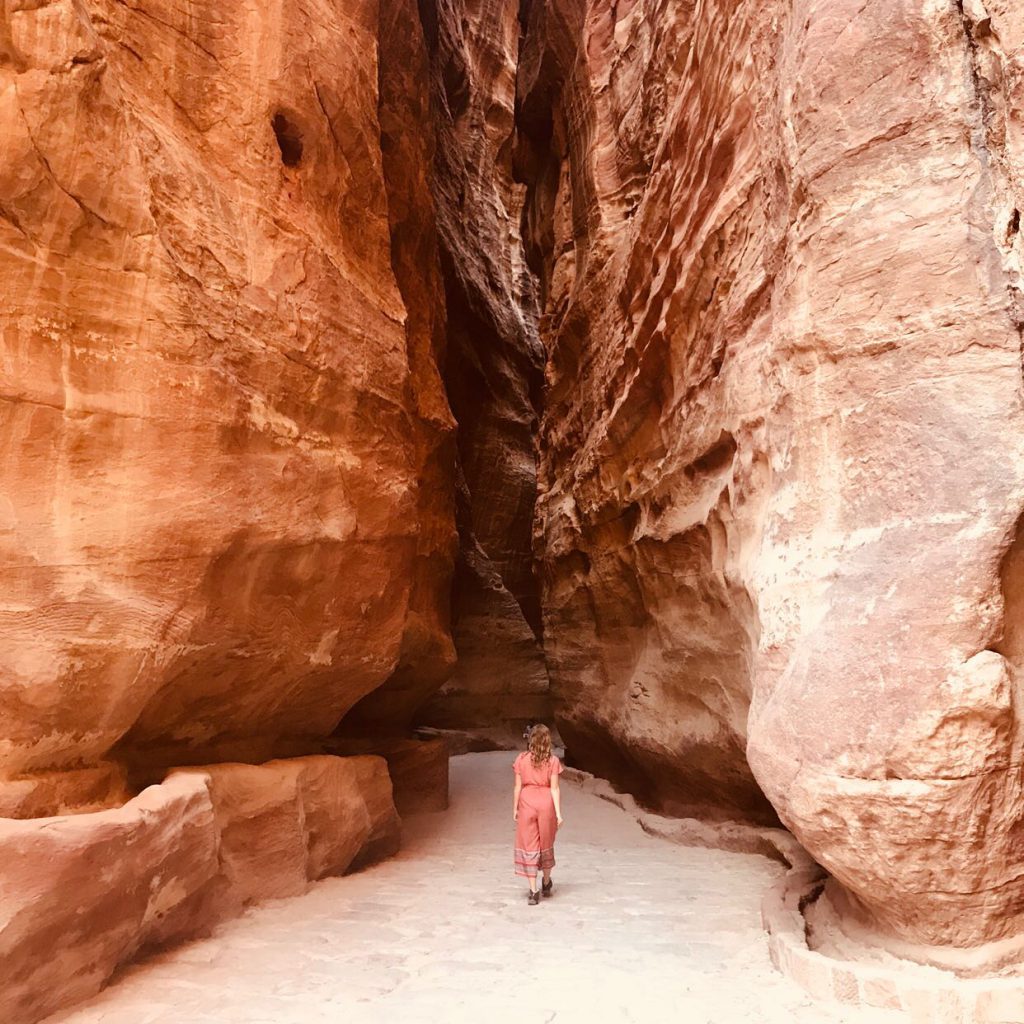
1. Minimize your carbon emissions
Carbon emissions add to the Greenhouse effect, which causes the earth to warm up. The Greenhouse effect is a natural effect, however, we add to it by using planes and other motor vehicles as transportation, produce high amounts of meat (methane emissions) and use big containerships to ship our goods. Global warming causes the land ice to melt, the sea level to rise and causes more extreme weather conditions. The travel industry adds a big amount to these CO2 emissions as often there are flights needed to get to places. My advice here is to evaluate if you really need the flight, or that you can choose other modes of transportation. Try to always compensate your flight emissions and if you fly, try to stay longer at the destination.

2. Use public transportation
Besides the adventures and the beautiful views it often brings, using public transportation also reduces your personal ecological footprint. Instead of renting a car or getting a private driver, take on the adventure and figure out your way through (or to) your destination by public transportation. I assure you, a lot of your best adventures happen on the road. For example, I had some of the most enchanting train rides in Sri Lanka, had interesting encounters with local people in busses in Jordan and Morocco and got stuck in the middle of nowhere somewhere in the middle of Germany with my sister when we took the wrong train and we both couldn’t understand the German train system.
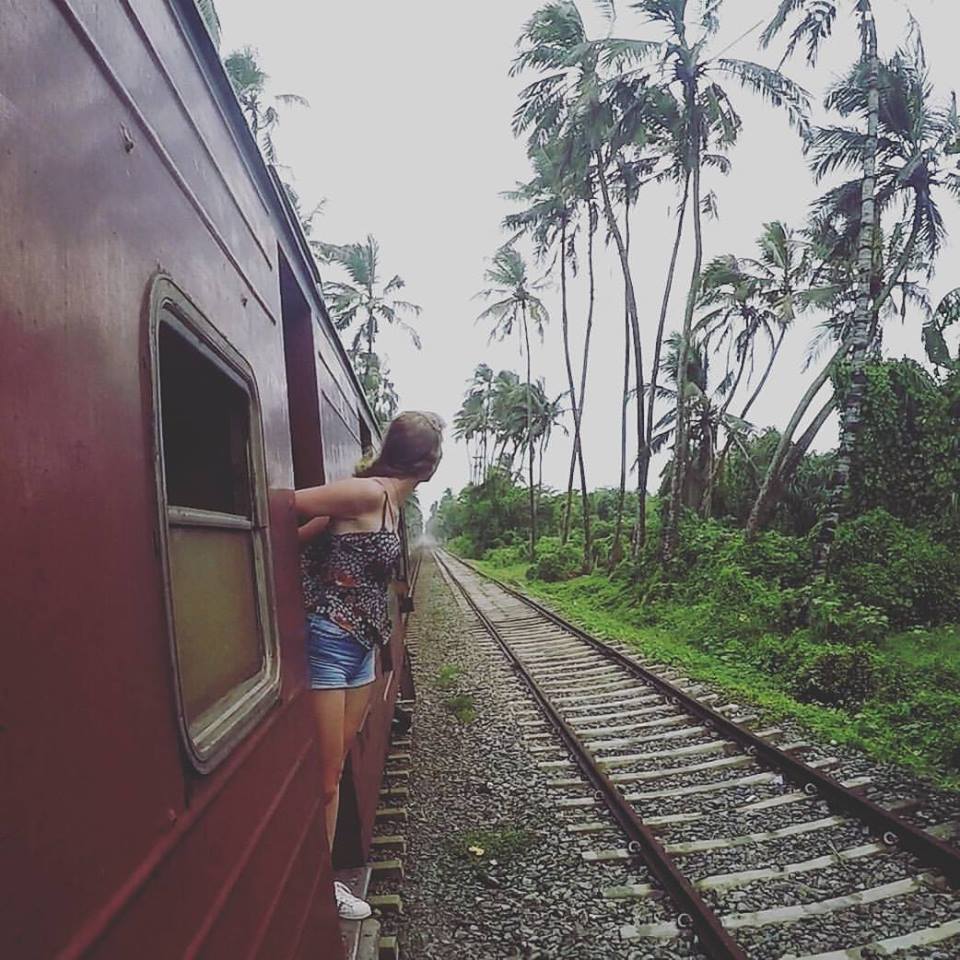
3. Support local initiatives
Some of these tips I already mentioned before in my blogs, just like this one. I repeat them, because in my opinion these are very, very important for sustainable tourism. Supporting local initiatives, like staying at small locally owned hotels, will help keeping the money within the local community, instead of leaking away to big international companies or rich countries. Staying at local hotels, instead of big hotel chains, eating at locally owned restaurants instead of at big chain companies will help the local economy.
Another point that I would like to make: try to avoid initiatives like Airbnb. For example in Amsterdam, mass tourism is a big problem and local hotels are suffering from Airbnb guests. People staying at Airbnb locations often disturb the neighbourhood and take away incomes from hotels. And where hotels have to pay all their taxes and permits, Airbnb takes all the profit.
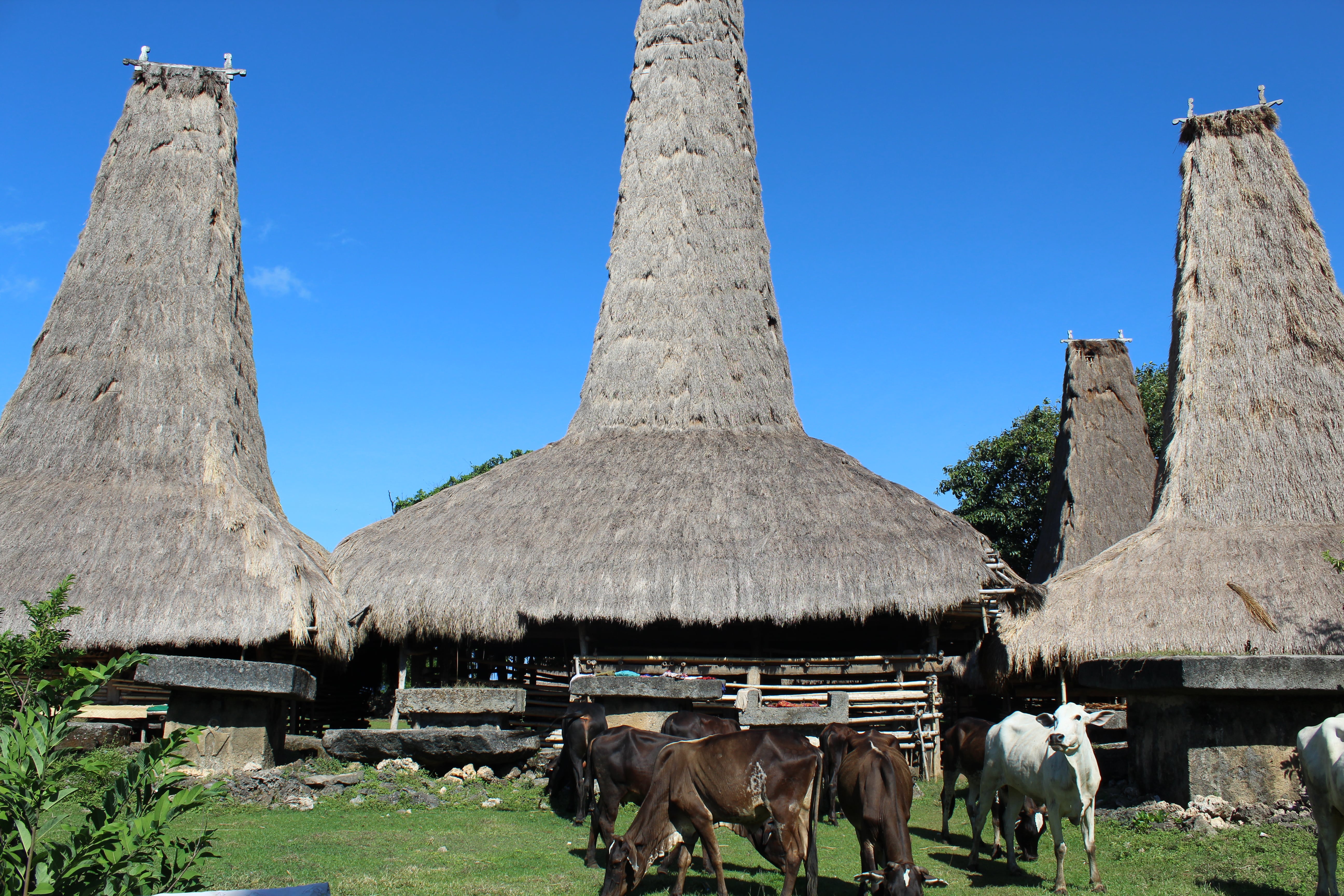
4. Eat locally produced food and buy locally made souvenirs
To stay with the local initiatives, it is also good to eat locally and to buy locally crafted souvenirs. Besides the fact that the money will stay with the community like is said before, the products and ingredients used are also local and probably not imported. This way, you also supported local farmers and industries. And what is better than tasting the local food and taking home something that is entirely locally made and does not say “made in China”?
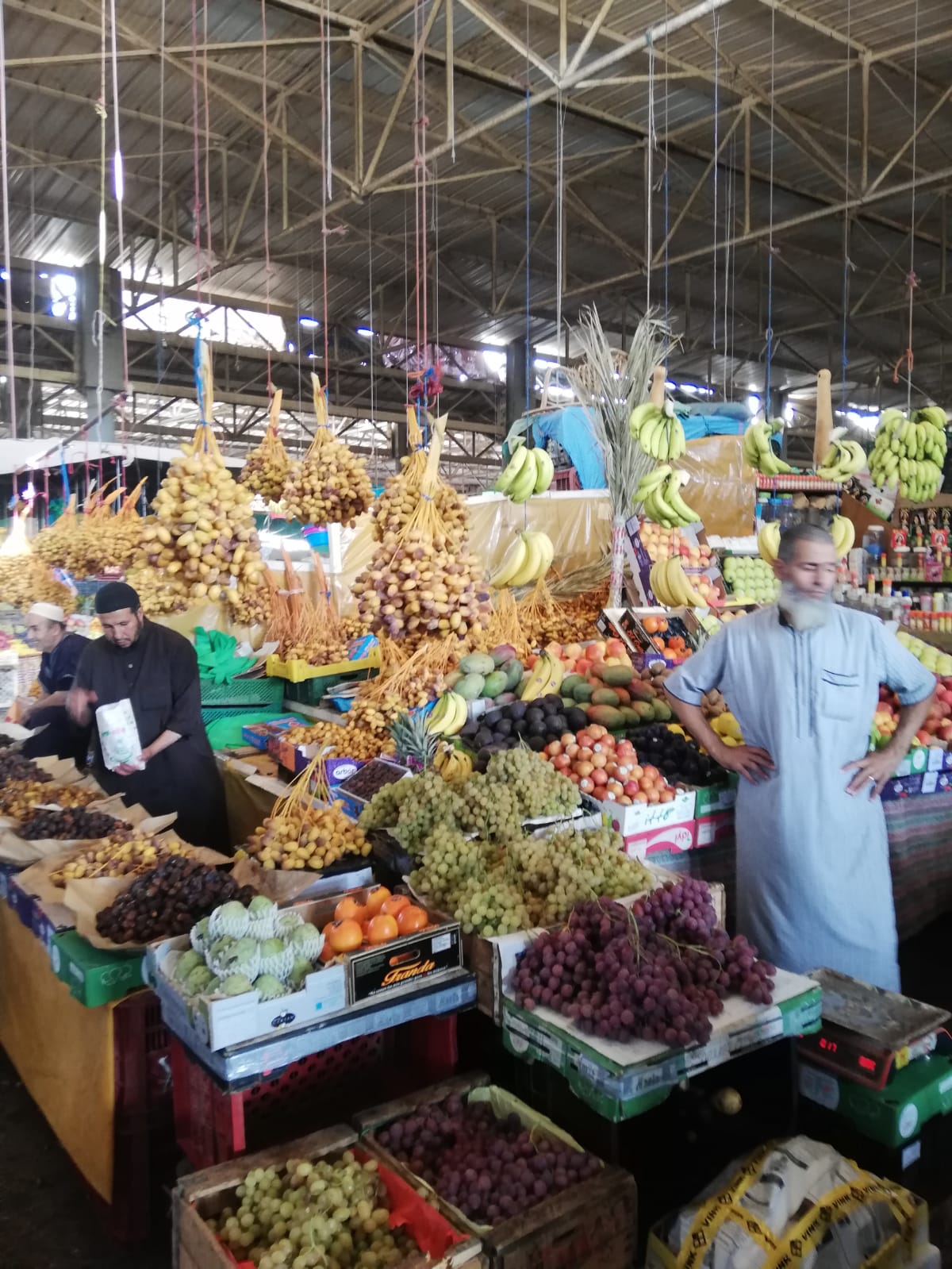
5. Avoid mass tourism destinations but be careful of negatively impacting deserted places
More affordable flight tickets and people in need of the sun (or snow) causes many destinations to get flooded by tourists. Many European destinations depend on tourism for income generation, however these destinations also feel the negative sides of mass tourism. Places like beaches or restaurant areas get overcrowded, causing many local people to leave to other places. Tourists can create too much noise for locals, causing, for instance in Venice, Italy, the creation of new laws regarding bringing suitcases with wheels (hard wheels are not allowed anymore as they make too much noise on the streets).
Mass tourism also brings a big problem of pollution with it. People bring their own snacks and leave the packing behind on the beach or in the nature, which disturbs and kills (marine) life. Bali is one of the mass tourism destinations dealing with a huge waste problem, mainly caused by mass tourism. For all these reasons (and many more) I would like to advise you to choose a destination that is not flooded by tourism, a destination that can handle the amount of tourists coming to the area.
However, I also want to stress the fact that lesser known, deserted places are also not always the best decision. A place that is not at all ready for tourism, can be damaged very easily and the local community and environment can get harmed by tourists, when not dealt with properly. So think about your next destination and how you as a tourists could positively and negatively influence the place.
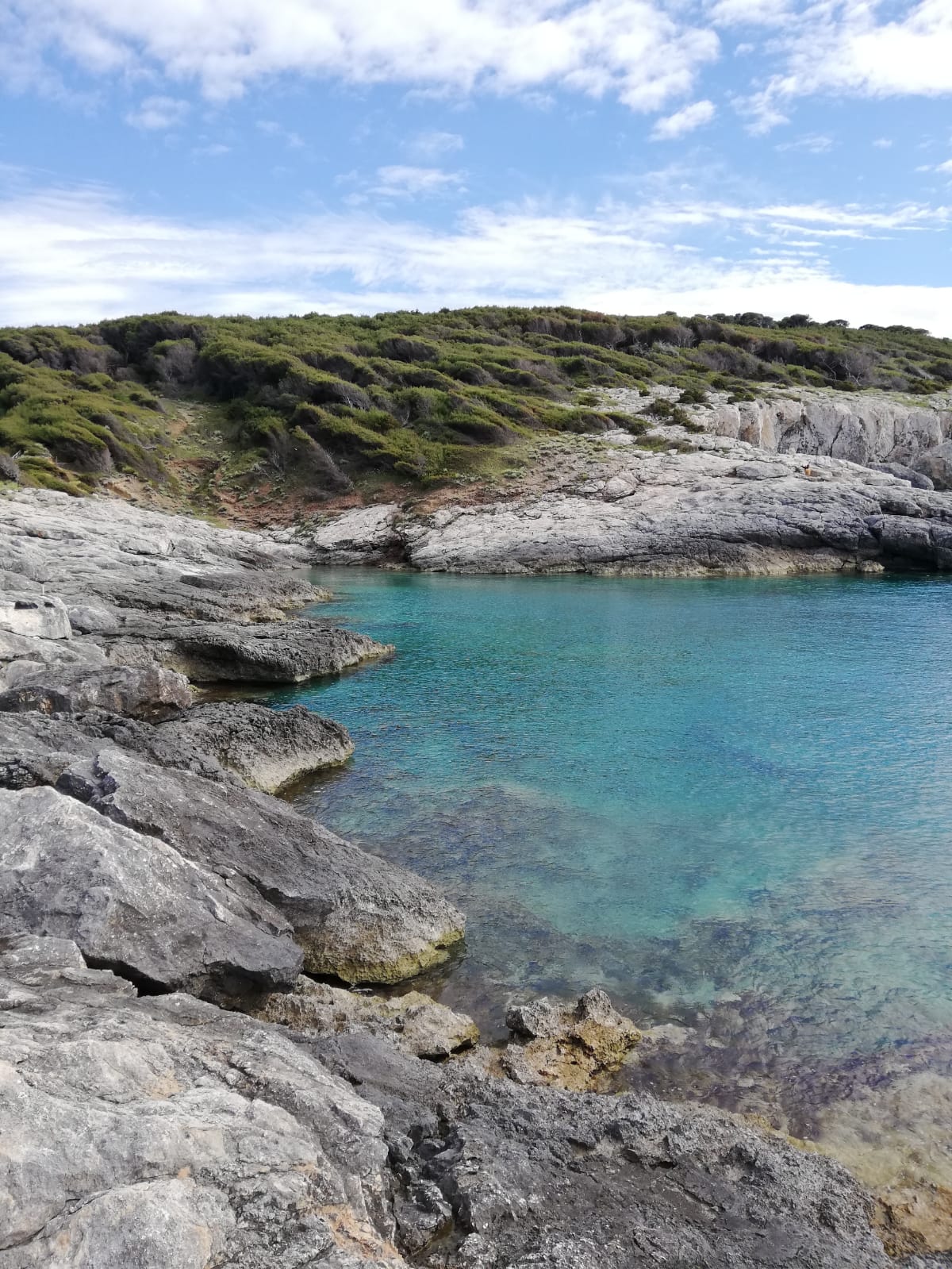
6. Do not participate in animal activities
I can be very short about this one, if you want to do an activity that includes animals, think with your head. Petting an animal that in the wild could rip you in little pieces, is not something you should do. Pictures with tigers, lions or other big cats is simply just wrong. These animals are getting abused and put on drugs, just so that you can take your photo with them. Harmless cubs get taken away from their mom when they are too young, so that you can play with them. There is nothing natural about that at all. Same goes for riding elephants, swimming with dolphins, riding donkeys and of course, hunting animals. Animals belong in the wild, and that’s where you should see them. Find a good and reliable organization who care about the wellbeing of the animals, and view the animals from a distance where they will not get disturbed.

7. Avoid cruise tourism
If you want to be a sustainable traveller, just don’t go on a cruise trip. There are multiple reasons why cruise tourism is bad for the environment, but also for local communities. These boats are like moving villages on the water with thousands of people on it. You can imagine the environmental impact of having a village on the water. On average, a person on a cruise ship generates two pounds of solid waste. These massive amounts of waste get often processed on board and then dumped in the oceans.
Not only the environment gets harmed by cruise ships, also the destinations of the cruise feel negative consequences. Ports get overcrowded when the entire ships goes on land. Little streets get flooded by day tourists, who can eat at the ship within their all inclusive package and do not spend a single coin at the destinations. Before deciding on booking a cruise, do some research into the negative impacts of your trip.
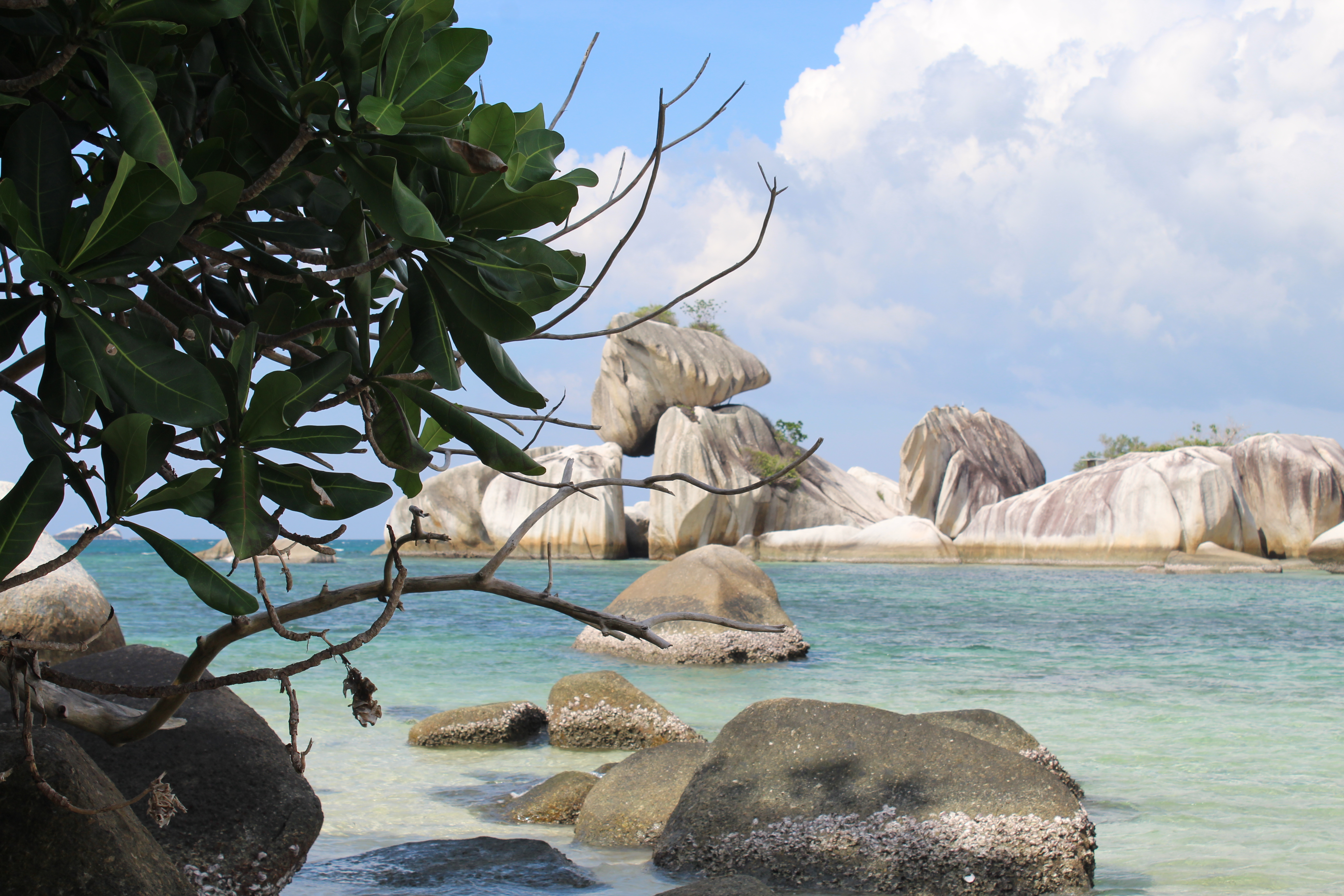
8. Minimize your waste generation
I have mentioned this point before on my blog and in my opinion it is one that is easy to take care of by yourself and can prevent major harmful impacts. On a trip, bring your own reusable bottle and decrease the use of plastic bottles. If you generate waste, always make sure to take it with you and throw it away in a bin or take it home and throw it away in your room. Waste that is left at the beach can end up in oceans and kill marine life and pollute water. Those fish can again end up on your plate and you would be eating an amount of microplastics that was inside the fish. Bring a metal straw and refuse the use of plastic straws, don’t do take away where they use single use plastics and always bring your own bag so that you can say no to the use of plastic bags. Maybe it is a bit more thinking during your holiday, but the environment will thank you..
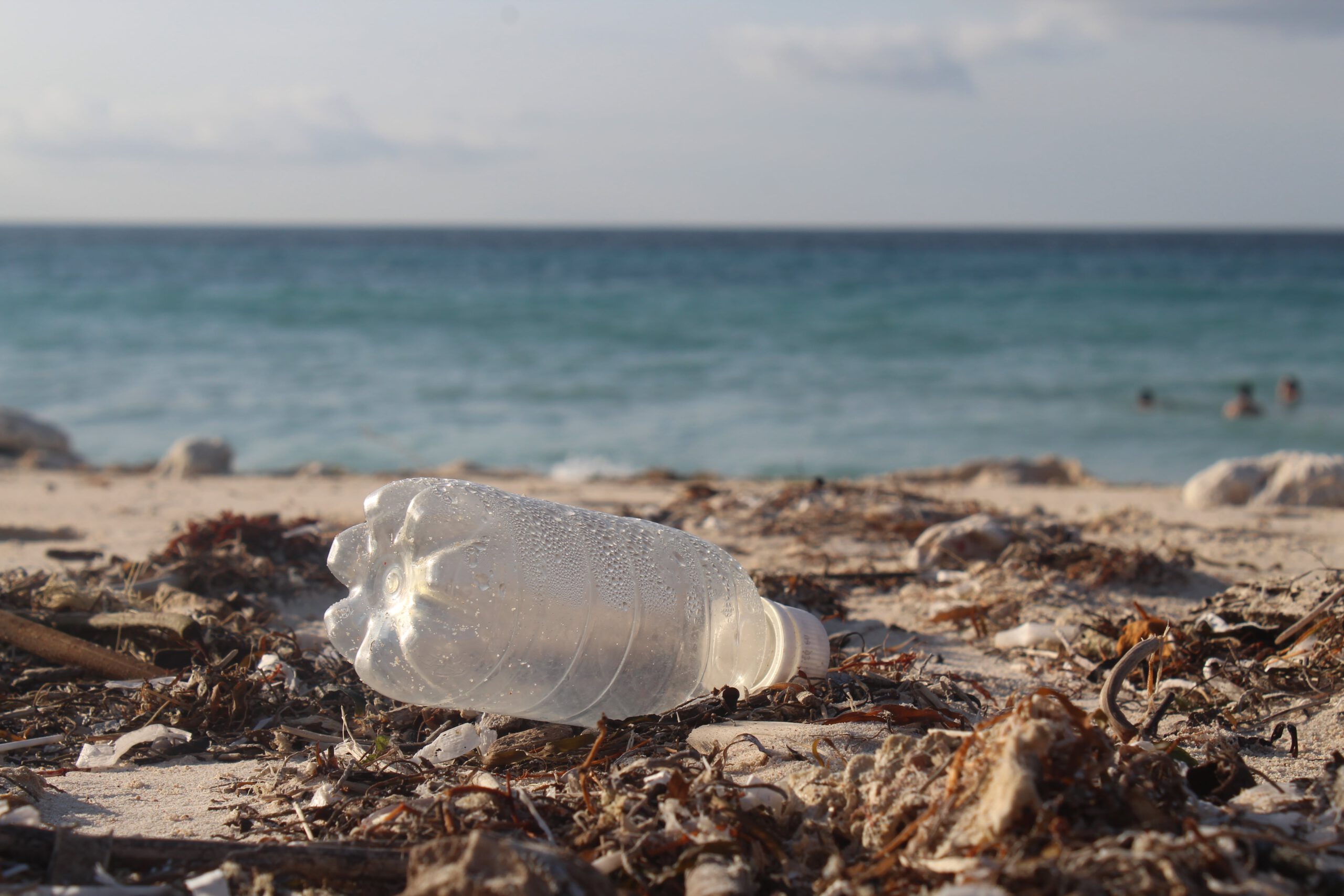
9. Participate in nature activities that do not harm the environment
Last but not least, I would like to focus on nature activities and activities that might harm the nature. Ecolodges are often good options for an environmentally friendly experience in the nature. Often food is produced locally, water is reused and a minimal use of plastics. Here you can enjoy nature in a good and responsible way. Other forms of ecotourism are, for example, hikes with a certified guide.
Unfortunately, there are also a lot of activities outdoors that are harming or disturbing the environment. One of them is driving a quad in the desert, which disturbs the desert environment and life. Also, when you go snorkelling, please keep in mind to use coral friendly sunblock and when you go for hikes on your own, stay on the paths to make sure to not destroy the plants.

Of course, there are so much more tips and things to keep in mind while traveling. I really think that if everyone would take these into account, we could make the travel industry a whole lot more sustainable and responsible. Remember that change starts with yourself, just because someone else does something, doesn’t mean you should do it too.
If you have some questions about responsible travel or other remarks, please leave a comment or contact me!
